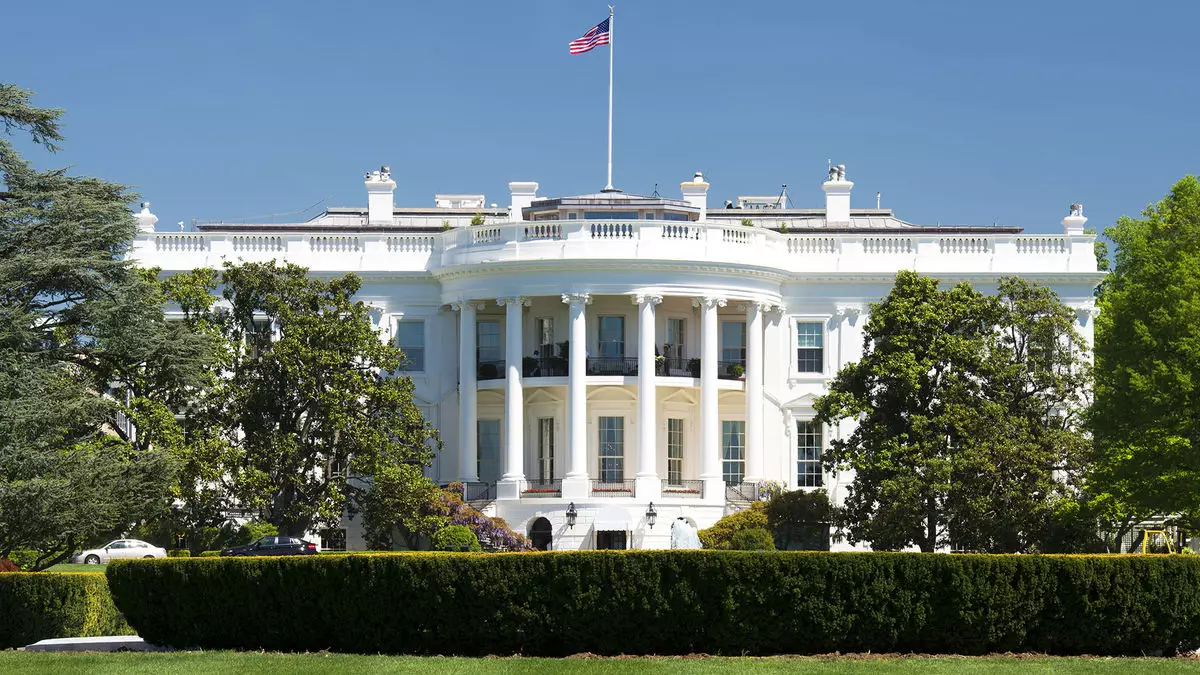The political landscape in Washington is shifting dramatically with the election of President Donald Trump to a second term. As the new administration takes shape, with its array of Cabinet selections and fresh leadership in Congress, questions loom about how these changes will impact the travel industry. Amidst this transitional phase, the American Society of Travel Advisors (ASTA) remains committed to its foundational mission: advocating for the needs and interests of travel advisors.
ASTA’s Vice President of Advocacy, Jessica Klement, emphasizes the organization’s steadfast focus on its primary objective: representing travel advisors. “Administrations change, but our priorities do not,” she asserts. This statement underscores a critical point—regardless of the political climate, ASTA will continue advocating for policies that benefit travel professionals. However, there is a notable sense of optimism that a Trump administration could potentially be more receptive to ASTA’s initiatives, particularly those that previously faced resistance.
The shifting power dynamics present an opportunity for ASTA to articulate a compelling business case for policies that support the travel sector. Unlike the preceding Biden administration, which Klement noted was less inclined to consider certain policy changes, the current political environment may provide a more favorable platform for advancing the interests of travel advisors.
Key Issues on the Advocacy Agenda
With the administration’s recent changes, several core issues remain at the forefront of ASTA’s advocacy efforts. A pivotal concern for travel agencies is the Department of Transportation (DOT) regulation regarding the “merchant of record” designation. This rule holds travel agencies responsible for issuing refunds to passengers in the case of flight cancellations or significant alterations, placing an enormous financial burden on agents, especially if they are not the actual merchant of record.
Klement highlights the necessity for a revision of this rule, arguing that travel agencies should only be accountable for refunds when they possess direct access to the funds from airlines. This proposal is described by her as a “no-brainer,” and it aligns with ASTA’s ongoing efforts to engage the DOT regarding this matter.
Additionally, the Department of Labor’s upcoming overtime rule also features prominently on ASTA’s radar. Set to raise the salary threshold for overtime pay continuously, this legislation could broaden the number of employees qualifying for such benefits, exerting additional pressure on travel agencies—especially smaller businesses that may struggle to absorb increased labor costs. Given that a similar initiative was halted during Trump’s first presidency, there is uncertainty about the administration’s stance now.
As Klement navigates these pressing issues, she encourages ASTA members to actively engage with recently elected officials. Simple gestures, such as sending congratulatory emails to new representatives, not only foster goodwill but also reaffirm the presence and importance of the travel advisory community in the broader political conversation. It is essential for travel advisors to establish relationships with lawmakers to advocate for policies that directly influence their businesses.
Furthermore, the ongoing discussions surrounding travel bans and policies aimed at combating “junk fees” highlight the complex landscape ASTA must traverse. These issues bear considerable weight on the travel industry’s recovery and sustainability, as they directly affect consumer confidence and demand.
As changes unfold in Washington, ASTA’s resilience and commitment to advocating for travel advisors stands firm. By prioritizing strategic engagement with the new administration and highlighting critical issues affecting their community, ASTA aims to carve out a meaningful influence in shaping travel policy. Through unwavering determination and proactive dialogue with lawmakers, the organization seeks not only to protect but also to enhance the vital role of travel advisors as the industry embarks on a path toward recovery. The travel sector’s future relies on the collective action and advocacy of its members—an endeavor that requires both individual initiative and a cohesive front in Washington.

